As many are naming controversial traits from Martin Scorcese’s new film Killers Of The Flower Moon, another film hit box offices this past weekend, Sofia Coppola’s Priscilla, the newest movie exploiting the relationship between rock and roll’s “king” Elvis Presley and wife Priscilla Presley. Many had set expectations high for this film, being the first movie mentioning Elvis since Baz Luhrmann’s box office hit Elvis was released back in 2022, but not every fan can say it lived up to their expectations.
The drama is a screen adaptation from Priscilla’s book titled Elvis and Me. Director Sofia Coppola wanted to take a turn away from Elvis’s spotlight and shine attention towards Priscilla’s side of the story, and does so in this film. Many of those wondering how true this film was to real life can rest assured in knowing Coppola did much in-depth research with curating her accuracy to the book and real life, even having called Priscilla herself to assure the truth in her detail. That said, with exploiting reality, there are indefinite memories that can’t all be shared, so with shortening the length in which stories go in depth, it’s hard to keep everything shown to truth.
Thankfully, the truth is well-portrayed but unfortunately some details were spared for the sake of this tale’s image. While holding glory the couple portrayed to fans for decades, this story doesn’t lighten the load in which the relationship accurately happened. The truth of Priscilla’s age during the relationship was the first of many small details put into perspective. At the ripe age of 14 is where Priscilla starts the film, meeting her then 24-year-old love of her life. Showing the hardships the average teenage girl had to obtain on top of dating a global star was just the first half of the film. For years it was questioned by few how at 14, juggling schooling and dating Elvis, was accepted by her parents. Here you get to see the less glamorous side of being Elvis’s underage girlfriend, with her parents questioning the relationship, and you can see the accent of Priscilla’s long travels towards loneliness, both while with and away from Elvis.
It was a forgotten fact that while Elvis was away in the army Priscilla still had to handle life on her own and was left behind to finish high school, but that proved to be difficult with Elvis always on her mind. The beginning of this tale was well said in introducing the grasp Elvis had on this young girl’s mind. Even after two years without him, he remained the only thing she could keep on her mind. With much word getting to her, even by her own parents, to stop thinking about him her hope still remained. That hope bloomed once more when he called her back for the first time since he had left her.
And that’s where her life ended for the first time. The film then goes on to her life while living in Elvis’s house, living while he’s away and living while they’re together. Most scenes following the couple’s relationship revolve around their bedroom. While they were together, it felt sometimes as though there was immense love between the two, and during other times, audience members questioned why Priscilla would’ve stayed in the relationship at all.
What casual viewers might not notice is the significance these bedroom scenes held. They exemplify the look of what should be intimacy held between two people but twisted in ways that give feelings of vast intensity, ranging with different levels of pure discomfort. Jacob Elordi’s portrayal of Elvis within those scenes shines a light on Elvis’s bipolar-ness. Noticing how Priscilla never knew how to act around him, you can see the signs of discomfort and even endangerment at times that she had to wrap herself in. Because of those scenes not only was Cailee Spaeny recognised for her portrayal of fear, anger, and loathing, but Elordie simultaneously got attention for his bipolar acting skills giving love and anger for his main focuses. Some are even saying that his portrayal may have been better than Austin Butler’s, but who’s one to judge the difference?
With most screen time throughout the film, though, Spaeny takes the eye-catching scenes. The moments of self-realization and fear are what she portrayed best. A majority of scenes were almost uncomfortably still when there would be a close up of Priscilla every time she went through a sort of change. Whether that was changing her looks to fit Elvis’s needs, moving into Elvis’s house for the first time, or realizing she needed to leave her and Elvis’s relationship, these moments were well-formed with the touch of either soft music or complete silence to really help audience members focus on figuring out what emotion she was experiencing in that moment. And those moments spoke louder than dialogue itself, helping to make people truly think deep down about what was going on in her head during those moments.
Not only was there silence to make the audience feel but also to make them think. That being said, those were the largest moments of emotion portrayed throughout the entire film. Some feel not much emotion was conveyed enough, there didn’t feel to have a major climax or descending moment, mainly just the same confused emotion given by Priscilla paired with Elvis’s rage between love and hate. Not much differentiation, until the silent scenes, and as repetitive as those were, they also gave off the most range. We are made to feel admiration for the strength it took Priscilla to leave her marriage. It’s shown how since age 16 her needs were never fully met while she was giving her everything to make sure Elvis’s needs were met. Not having her needs met was the driving force in her leaving the marriage, and it showed in the end just how isolated she felt as she did in the beginning. The immense amount of time it took to leave the relationship created the true tone of the story, shaped over the ending, where most should feel pride for her power in leaving. But that’s also the moment when audience members were disappointed in not seeing what she did with her life since it began again. The premise of the film can be greatly explained in this section of dialogue,
“Am I losing you to another man?” said by Elvis, and Priscilla replies with
“No, you’re losing me to a life of my own.” That’s where audience members were disappointed not to see what she does with said life of her own.
After years of selling her soul to love, it wasn’t until she left that viewers could feel both relief and sadness towards her newfound freedom. Considering the film was about Priscilla’s life, it was hoped to be able to see her life after Elvis, but sadly this was not shown. Rather this film heavily revolved around Priscilla solely while involved with Elvis. All of the times they spent together, the hardships she endorsed to keep him entertained, and the memories she has stored away with him forever. Closing the movie you see that even after departure all she has left are her memories. As tears were shed from audience members, the film closed out with the lyric, “bittersweet memories, that’s all I am taking with me.”
Complex and simplistic, this film was nothing short of a heart-aching tale, the less glorified and feminist version of the infamous Elvis and Priscilla Presley.

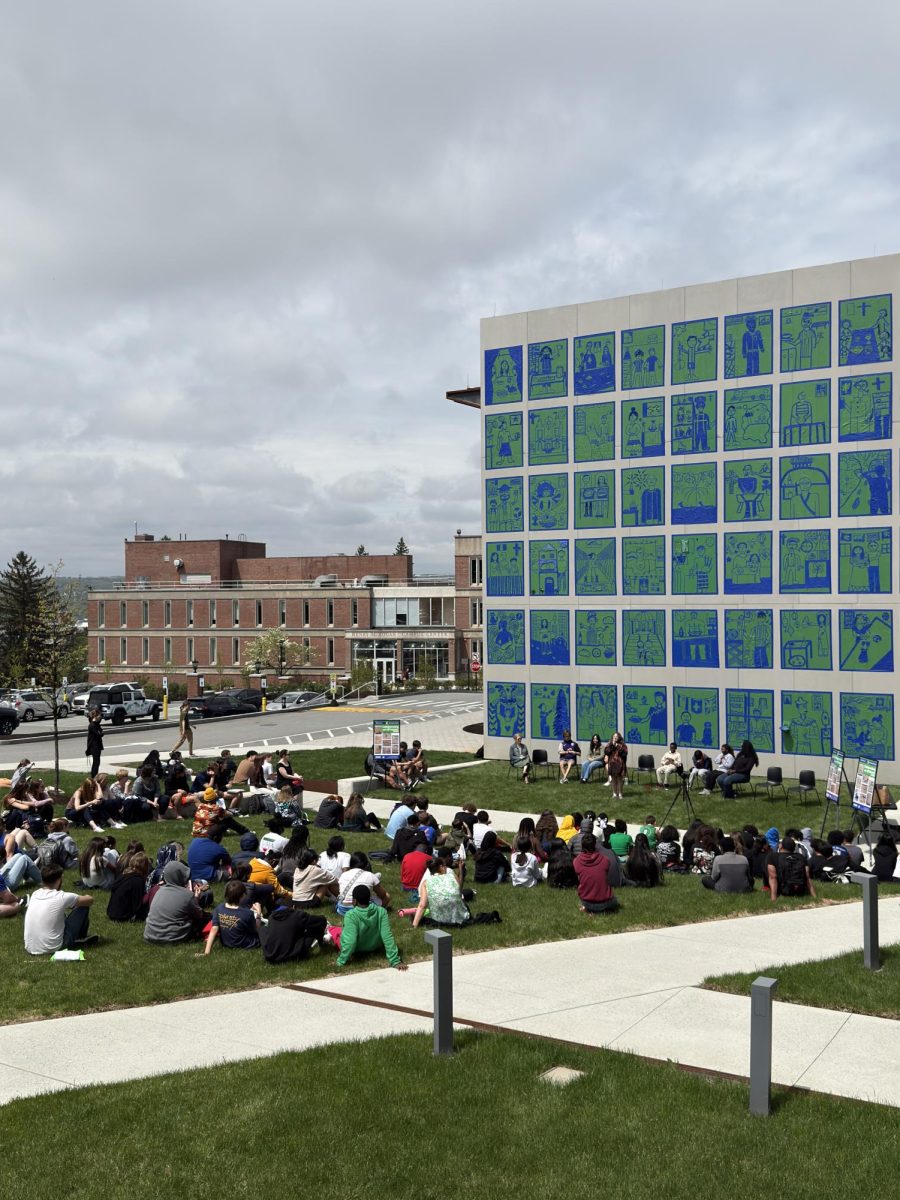
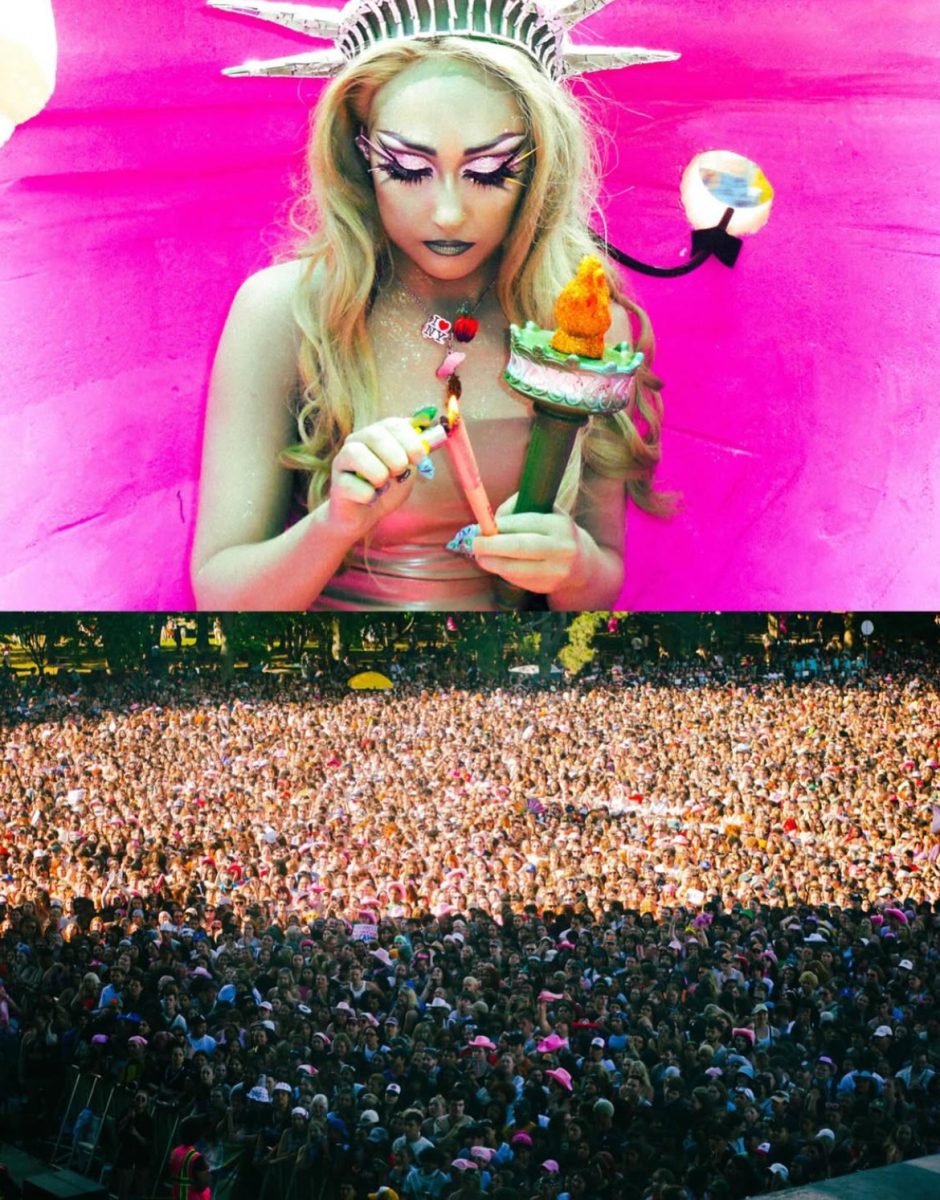
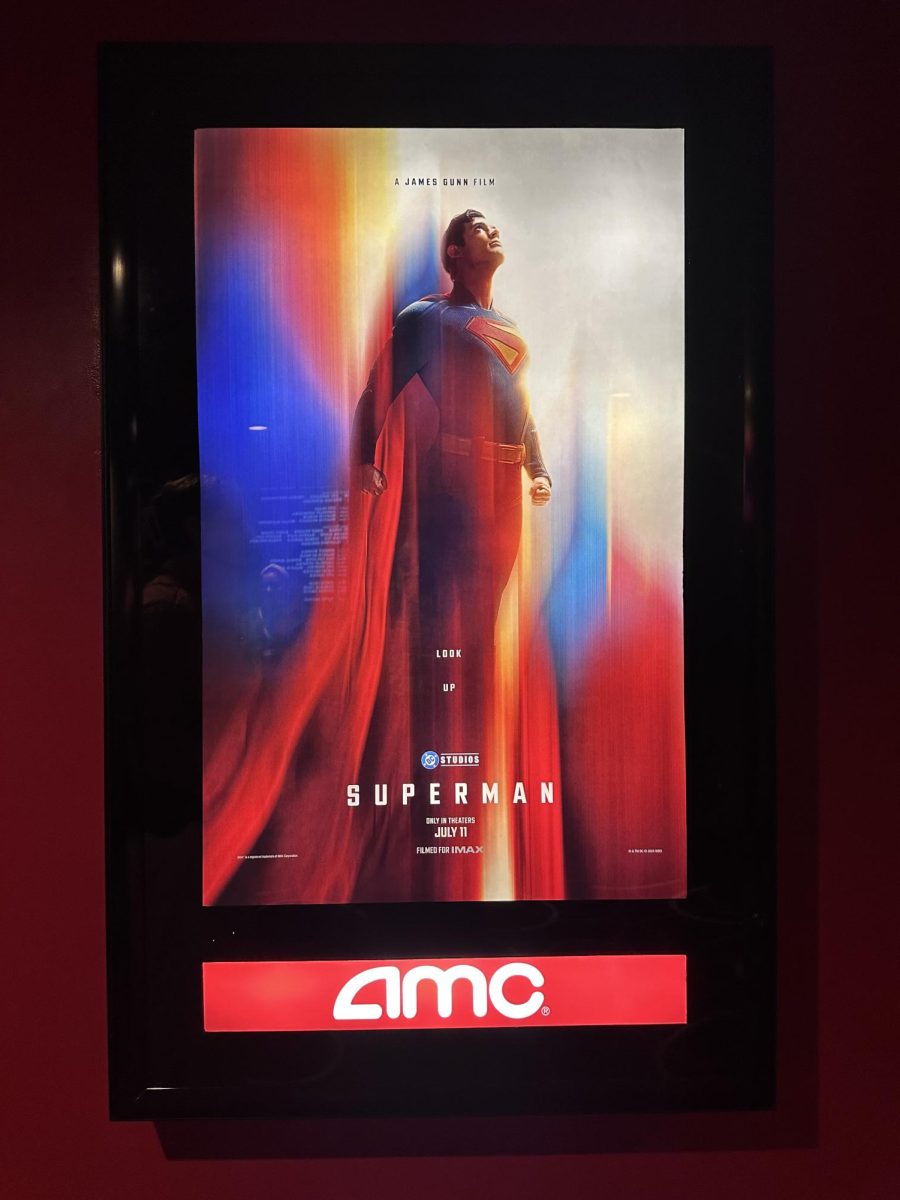
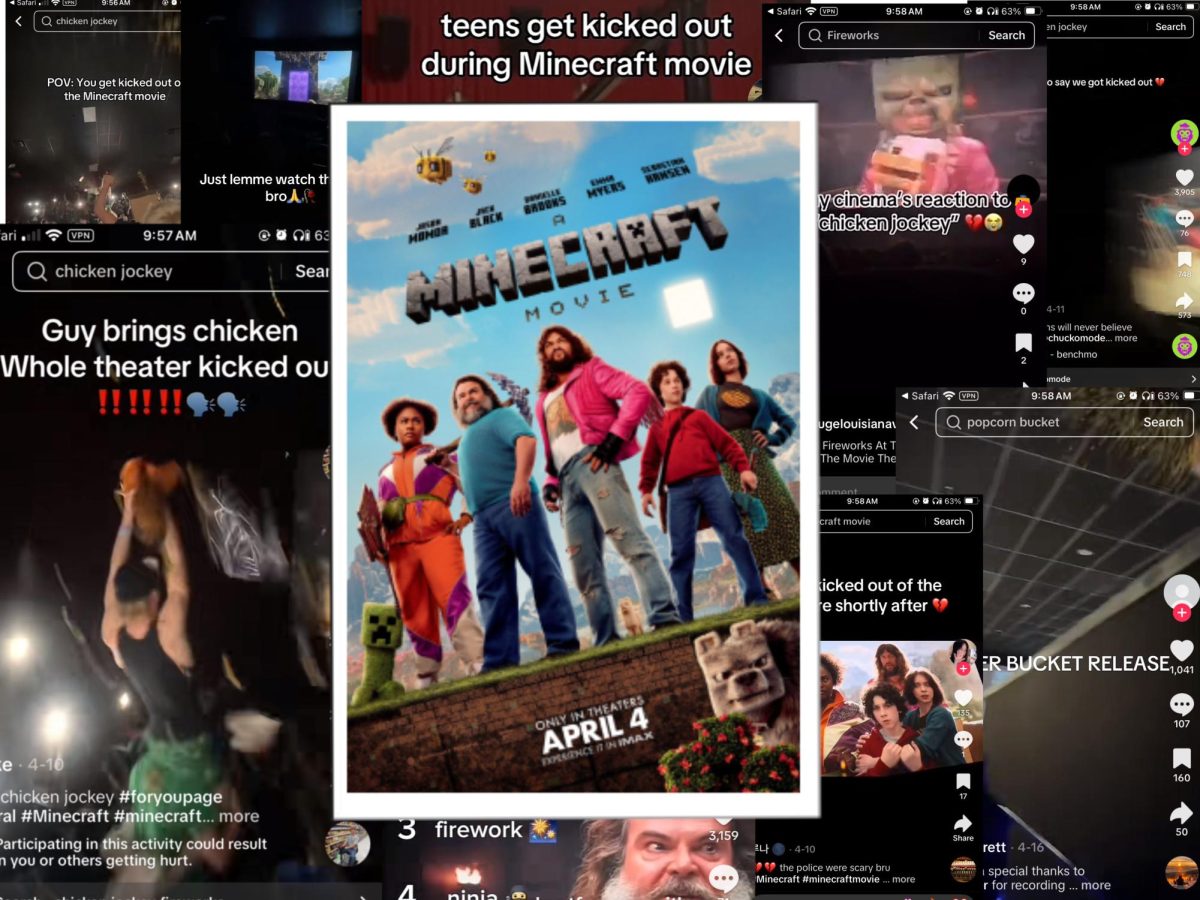

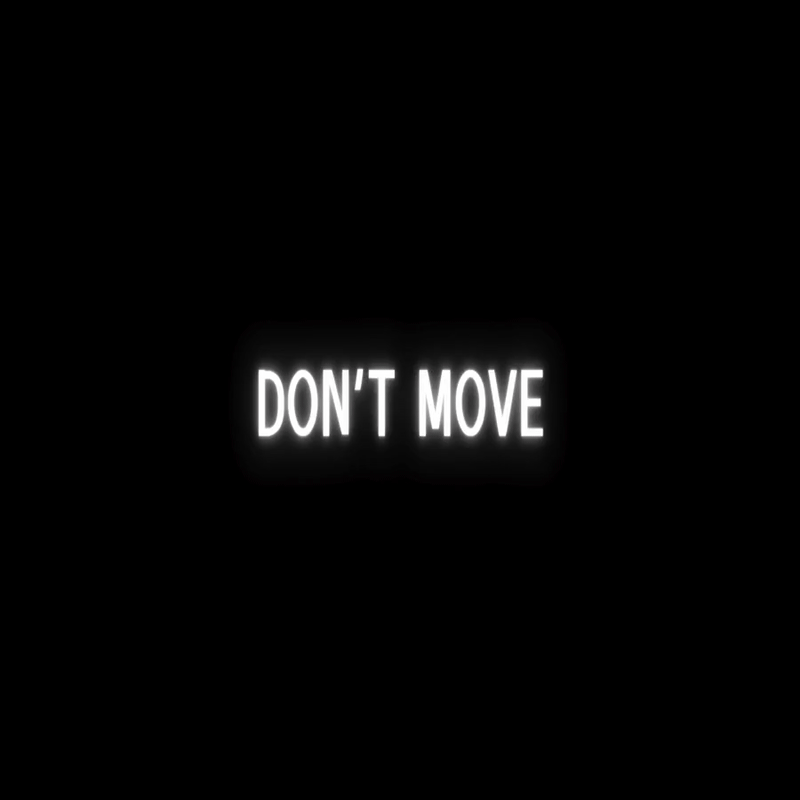
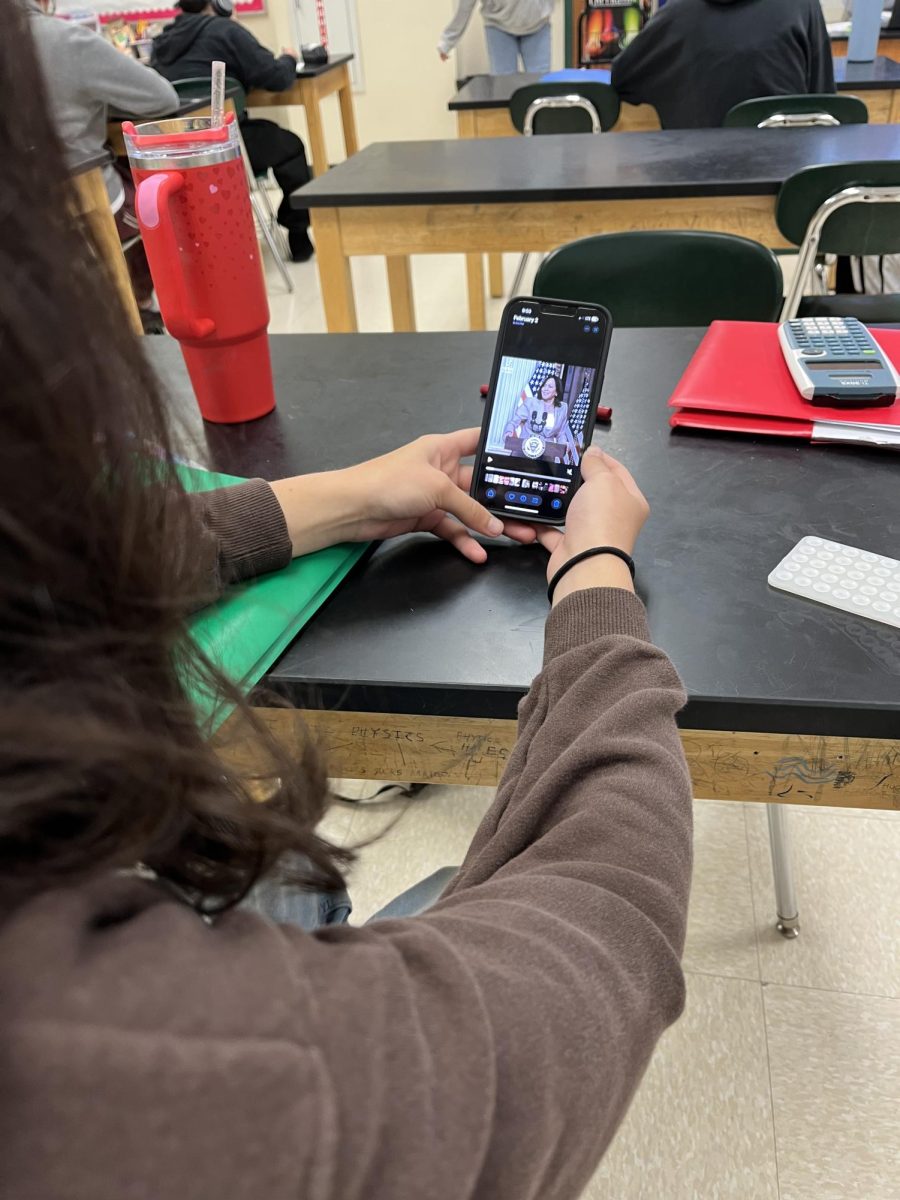

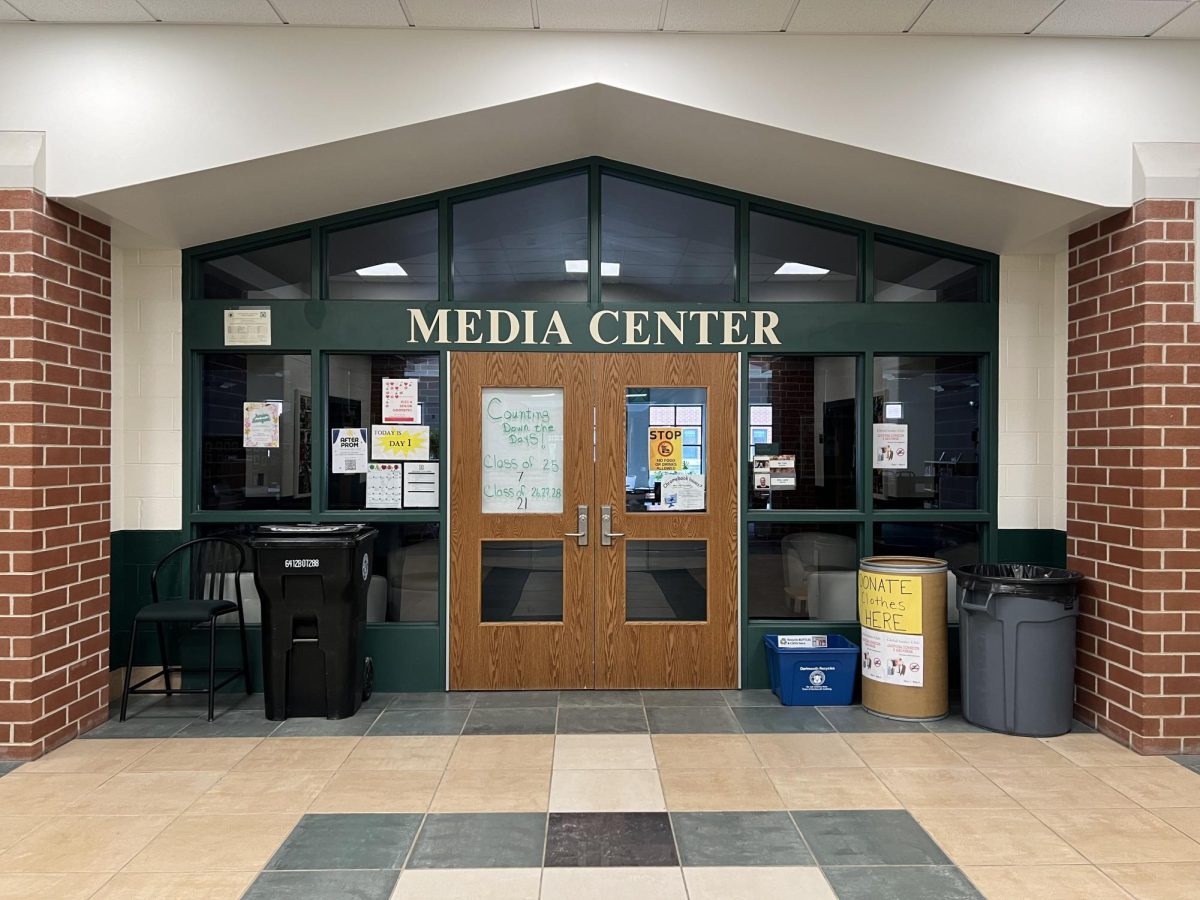

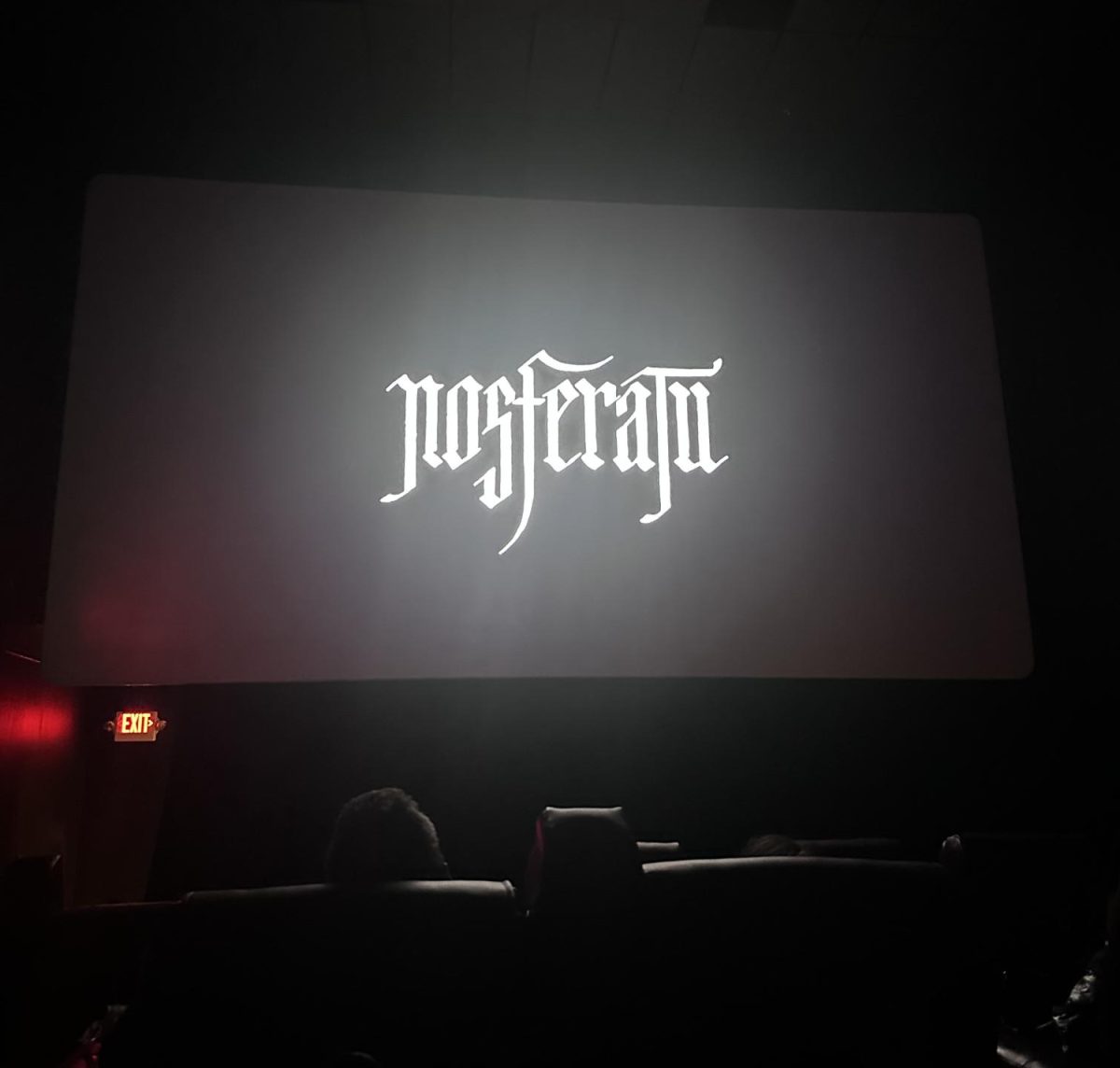
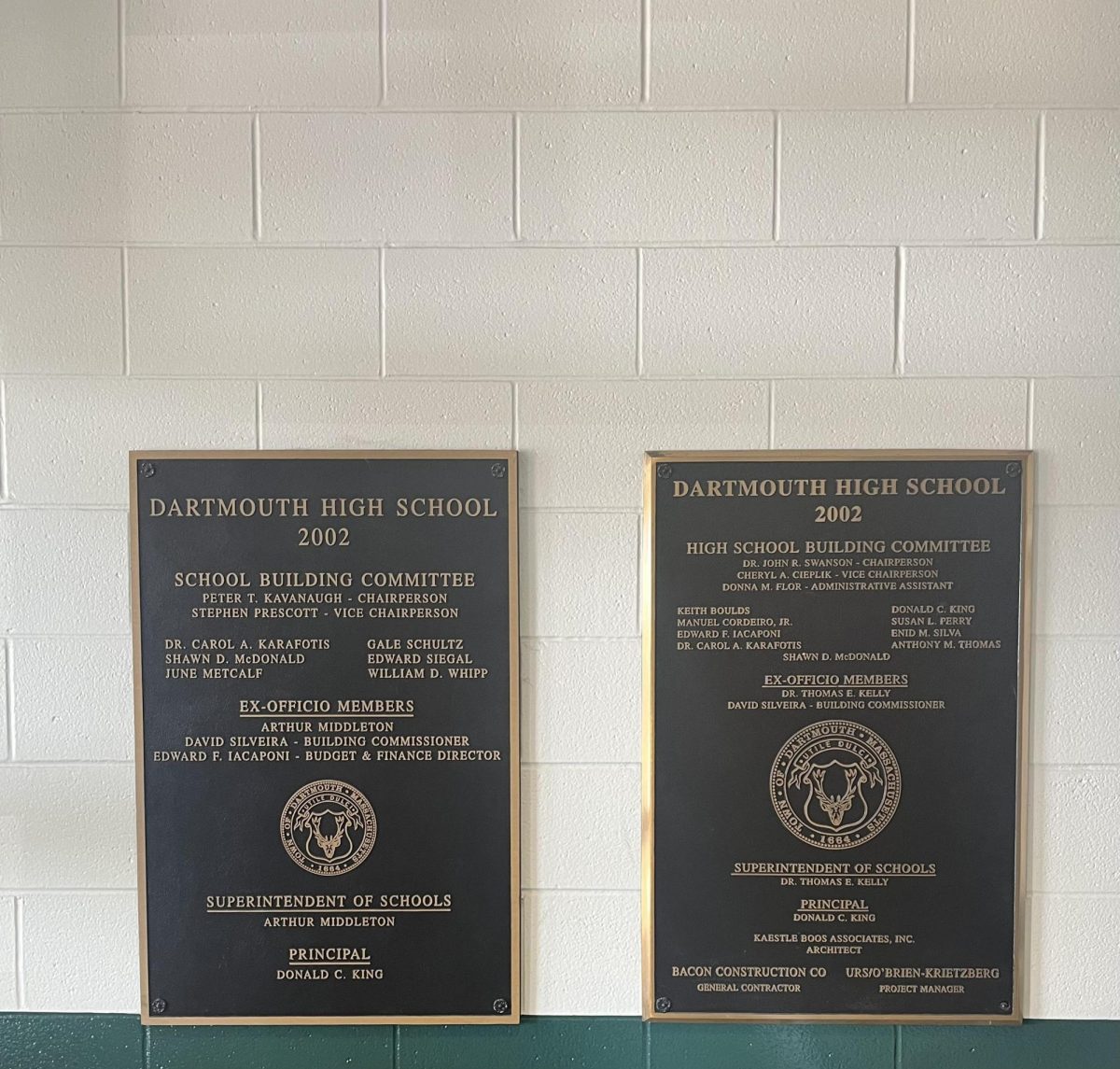
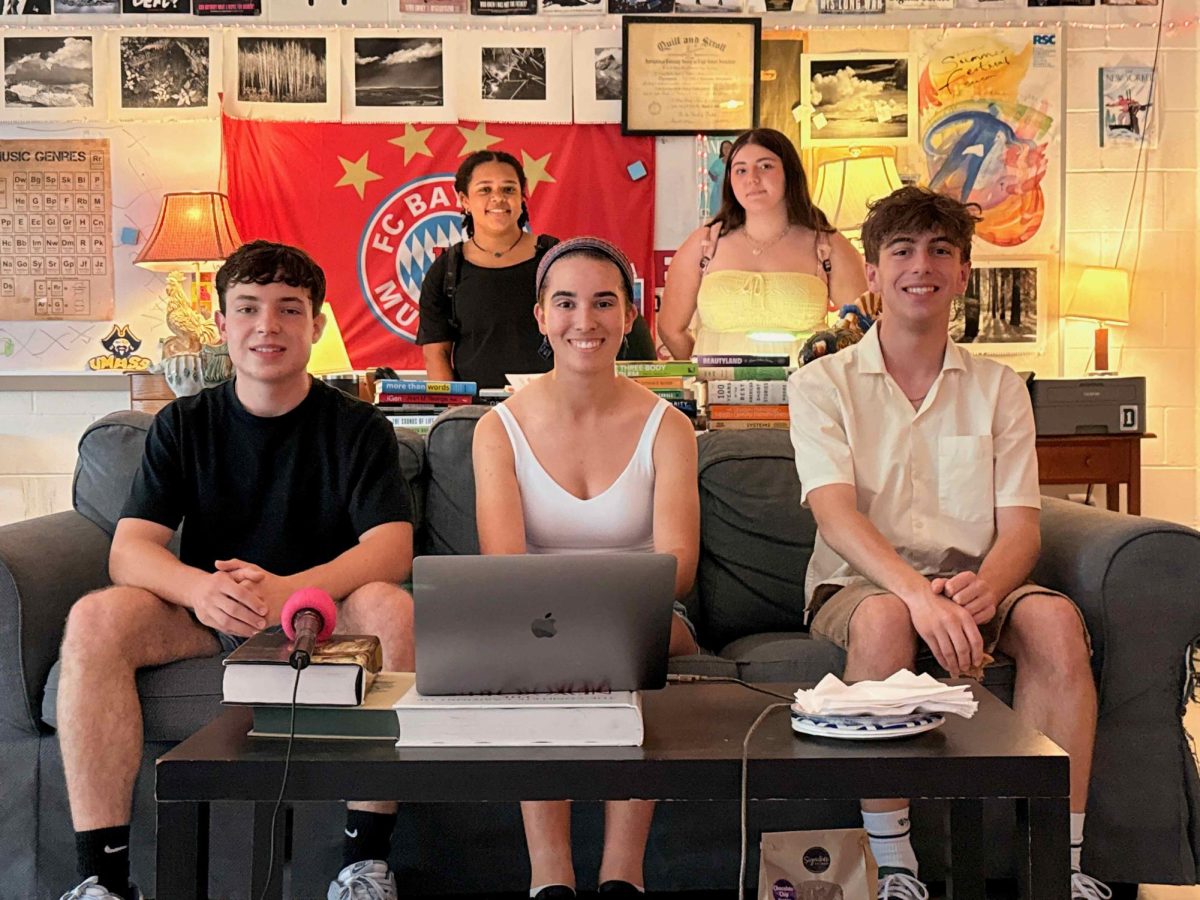

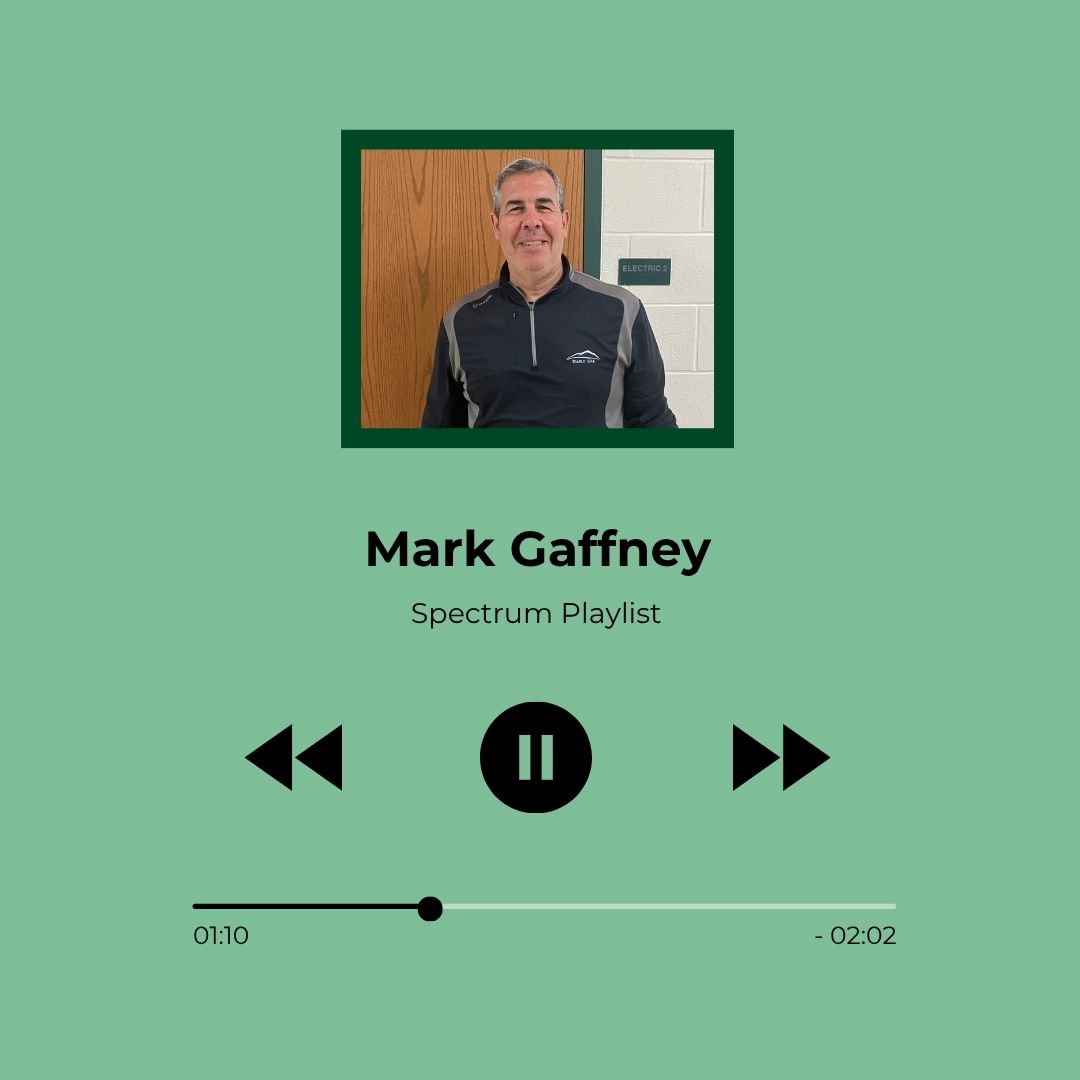

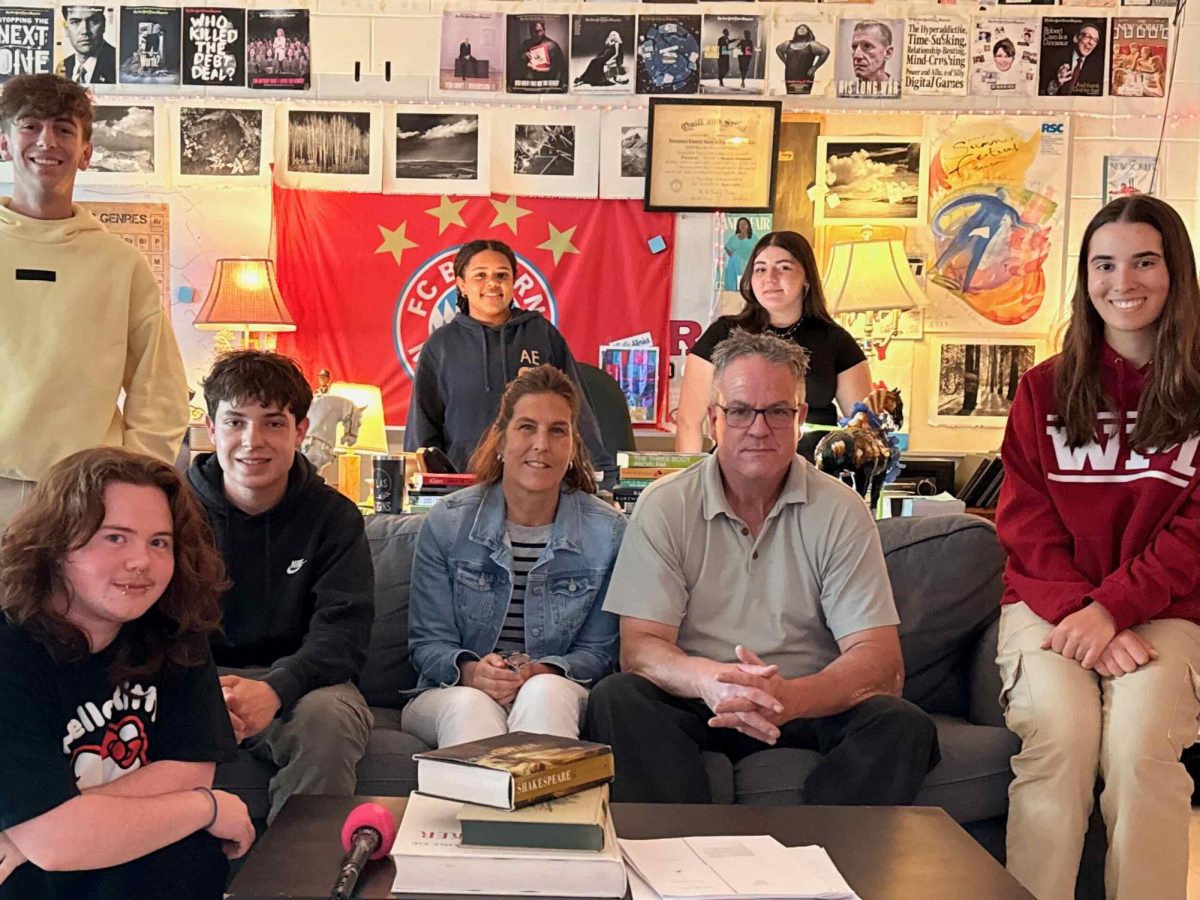


Cynthia Sotelo. • Nov 16, 2023 at 6:29 pm
This does not sound anything like the 1st Elvis and Me movie. Why are you changing Elvis’s personality and exaggerating about his faults. No one made Priscilla be with him. I remember when I was 14yrs young .
I have been an Elvis fan since I was 8. Today I’m 65. Stop lying about Elvis Presley.